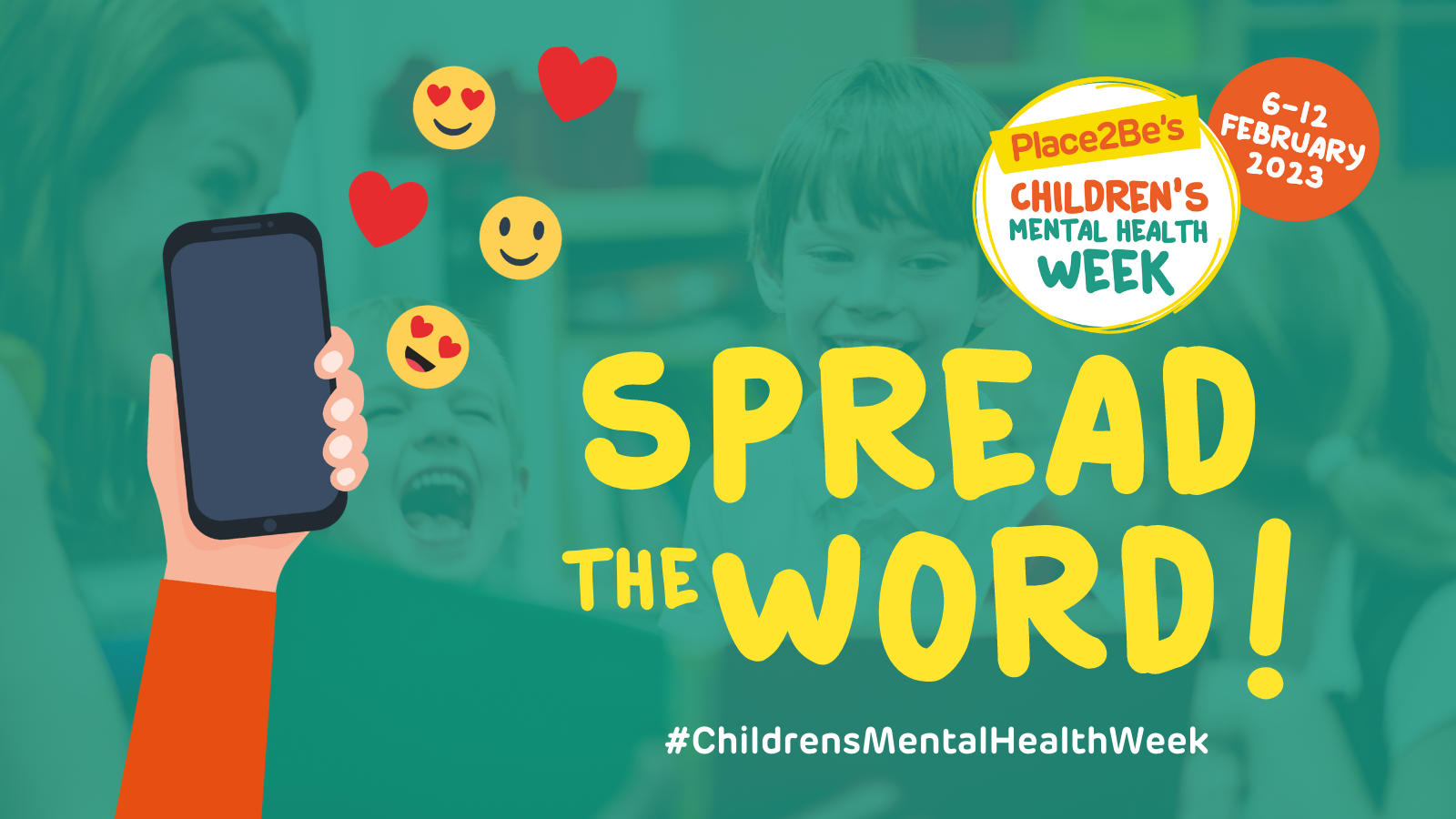Counselling Parents of Children with a Range of Disabilities at the Lateef Project
In support of Children’s Mental Health Week - 6th February - 12th February 2023
All names and identifiable personal details have been changed for the purpose of this article.
I’ve always thought of many of my clients as heroes. After struggling through mighty challenges such as early childhood adverse experiences, racism, bullying, abusive interpersonal relationships, and economic hardship, so many approach life with a courage and faith that is worthy of much respect, despite often debilitating and complex trauma, anxiety and depression, chronic pain and neurodiverse behaviours that are at odds with what is conventionally accepted and understood. Even taking that first scary plunge into therapy requires bravery for many clients, as they have never before spoken to anyone about their issues. This makes it even more incumbent on me as an Islamic counsellor to hold that as an amana, a sacred trust.
One group of clients in particular that I consider not just heroes, but superheroes are the parents and carer-siblings who come to counselling while looking after children with a range of disabilities, both physical and mental. Irrespective of ‘good’ or ‘bad’ parenting outcomes that so many of these clients impose on themselves and have imposed on them by their communities and society at large, they carry considerable emotional, physical and mental weight on their shoulders and that needs support and validation. It seems fitting to pay tribute to them all during this year’s Children’s Mental Health Week, February 6-12, and address the huge challenges that the children and their carers face on a day-to-day basis, and how counsellors may support them to the best of their ability.
The public services’ perception of disability appears to be one of the major factors that impacts families and their children here in the UK. ‘It’s a constant battle with schools, with mental health services, even with some medical services’, said one weary mother of a child with both physical and learning impairment. Parents have concerns about harassment and bullying by those who are meant to support, being ignored outright, trying to get the right equipment/aid/help. ‘Because not all disability is the same or necessarily visible’, revealed another exhausted client. And if you happen to be from an ethnic minority, and/or are Muslim, it exacerbates the issues even more, as these groups are already under-served and under-represented in society. ‘I had to shout and scream to be heard on behalf of my child’, said another worried and angry client whose son who is non-speaking. ‘What will happen to him as he gets older and I’m not around to advocate for him? What about employment opportunities? Attitudes need to change, and the shift has to come from the top’.
In the financial year 2020/21, the Family Resource Survey indicates that 14.6 million people had a disability in the UK, which represents 22 per cent of the total population, and of which nine per cent are children. A government report on disability in the UK published in June 2021, which aims to inform the government’s National Disability Strategy, states the immediate need of people with disabilities, including children, is to be provided better access while shopping, travelling, in public toilets, in recreational spaces, and within educational and employment spaces and homes.
Another huge concern amongst carers and people with disabilities indicated in the survey is the attitude towards disabled people amongst the general public, and more strident calls for awareness and education to change these negative and unhelpful perceptions are being urged. ‘It’s not just about wheelchairs, is it?’, asked a client in frustration. Even well-meaning representation creates a rupture between the perception non-disabled people have of disabled people and how disabled people and their carers experience their lives. ‘My child needs to see ordinary disabled people on TV, at school, in the movies, not only Paralympians and ’special’ people’. It remains to be seen whether the report’s recommendations will gain much traction with the government, as political will and increased spending on social care are needed to accomplish any of this.
Much of what is acknowledged in the survey is reflected in counselling sessions, with clients pointing out that the extra pressures on people with learning impairments and physical disabilities means they and their carers urgently require better access to high quality mental health services, which are woefully inadequate across the board.
My aim as a counsellor with clients who are carers of children with disabilities is to acknowledge their whole lived experience and to encourage them to do so, too. Many carers set the bar very high and end up being hard on themselves if they fall short, which they invariably do. One of their major concerns is that any non-disabled children in the family also get appropriate care. There is inevitably a good deal of exhaustion, burn-out, loneliness, grief for a life that could have been without the disability, and guilt, fear, and anxiety about the future. Some parents, though not all, are single-handedly dealing with their family and seeking out the best resources within education and social care they possibly can for their children.
For people who are non-disabled, it is truly hard if not impossible to grasp the complexity of rearing and caring for a child with disabilities. Parenting responsibly is hard enough as it is but for families coping with even one child with sensory, mental, and physical impairments, and in some cases tragically, life-limiting conditions, it can be a much more intense experience, at times hugely rewarding, at other times lonely and isolating, often all within the same day. Apart from the day-to-day adaptations and multiple needs to be fulfilled, the emotional toll all this takes can be high. For many parents, this is a long, hard, and isolating process.
Clients come to counselling long after the shock of the initial diagnosis. By the time I see them, they have usually taken stock of their lived experience: that inevitably life will need to be focused on the wellbeing of the young person, as it ought, and that many other aspects of family life, including self-care for the primary caregiver, will have to be side-lined if not completely deprioritised.
Invariably there is unprocessed grief, very often huge levels of stress, anxiety, exhaustion, guilt, shame, anger, love, joy, protectiveness, honesty, resentment towards a lack of provision and access to services, and a whole entangled range of emotions that emerge during therapy sessions. This was especially the case during the Covid-19 lockdowns, in which I had a window into the clients’ somewhat shrunken worlds, often getting a chance to meet their precious wards as well, on-screen: cheeky, playful, engaging young people–a credit to the love and care with which they were being looked after. But also in many cases, parents with children who are disabled were and still do grapple with confinement and little time and space for themselves.
Amongst Muslim clients, despite the very real struggles families face, there is a powerful sense of fortitude that is brought to bear on their lives. The belief that Allah knows best and has chosen this path for them to tread, with rewards and blessings both here and in the next realm, provides a resilience and forbearance that is admirable. One of my roles as a counsellor is to affirm this but also gently remind them that they nourish and have compassion for themselves in this challenging process. This is so they can reach out for support and take time out for themselves in whatever way they can.
Every family, every child, every parent and circumstance is unique. But some common themes have emerged from time to time during the sessions. Samia, a 35-year-old mother of two children with life-limiting and progressive neurodegenerative conditions, described how, after the initial shocks of the consecutive diagnoses, a sense of deep calm was felt in her heart. Despite not having much help at home, she has been fortunate enough to find support with special needs schools and volunteer support groups. ‘I don’t rely too much on the groups as I am a very private person and want to keep things close to home but it is nice to meet others in similar circumstances and for the children to not feel isolated and too ‘different’’, she said. There is a strong thread of resilience, despite the deep anguish of knowing that your children will face tremendous obstacles because of their disabilities in a society not as yet geared up to welcome and support them or, in Samia’s case, with the agony of knowing her sons will not live beyond their teens, according to the doctors. ‘I have to be resilient. It’s what Allah expects of me. But I do cry and feel very sad, too. My heart is so full of love. I want to give my sons the best life that I can. They are a gift.’
Sources:
www.gov.uk/government/publications/uk-disability-survey-research-report-june-2021
Child and young people’s health.

